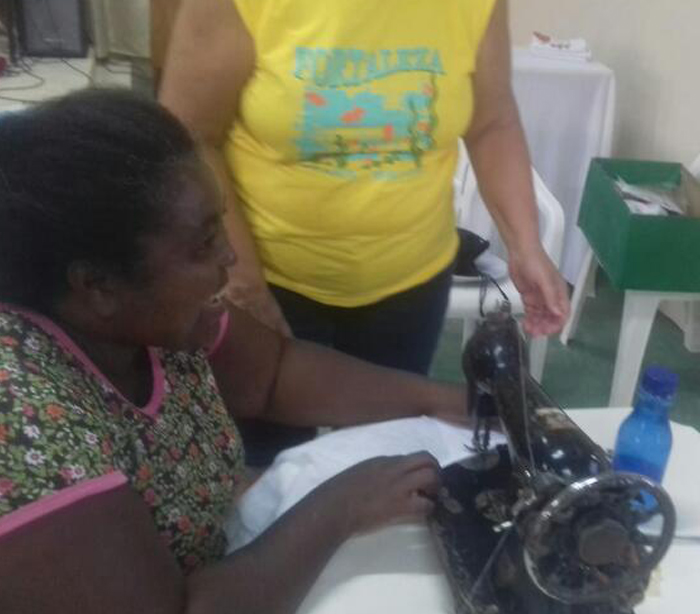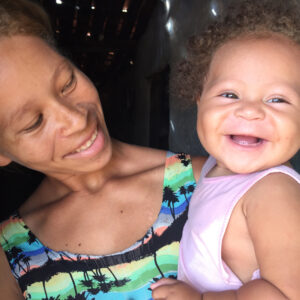VER VilLAGE | THE MIRANDIBA PROJECT
Fundraising campaign concluded
VER VILLAGE HOUSING PROJECT
MIRANDIBA PROJECT
During this fundrasing campaign we were able to achieve 103% of our goal ending up with 116,200K dollars.
VER-Volunteer Emergency Relief believes in creating lasting positive change in communities around the world. Our Mirandiba projects, based on four fundamental pillars – Human Dignity, Income Generation, Social Inclusion, and Water – are designed to uplift individuals and empower communities, fostering sustainable development and a better future for all.
Delivery videos of this amazing project!
Over $600K in Food Donations
The Four Bases








Human Dignity
The principle of human dignity is linked to rights and duties and involves the necessary conditions for a person to have a dignified life. It also relates to moral values because it aims to ensure that the citizen is respected in his/her personal issues and values. Social rights are those related to the well-being of the citizen, and this includes among others the right to housing. This right is associated with human dignity. With that in mind, VER is building safer and more sustainable houses to replace those made of mud and clay.
We are currently working in a community called Prece dos Primos in the city of Mirandiba, the state of Pernambuco, Brazil.
Income Generation
It aims to stimulate or allow people to start their own businesses aimed at the market in a cooperative, associated, or individual way. It also means the generation of economic activity, through small individual businesses or in association/cooperation.
VER develops projects for Income Generation, which are: raising chickens, goats, and community or individual vegetable gardens. Our goal is to empower and encourage the backcountry to have its own business and develop its potential.









Social Inclusion
Social inclusion is a set of measures to ensure that all people participate in society equally. Inclusion is the guarantee of access to basic rights such as health, education, security, housing, work, culture, and leisure, regardless of religious creed, race, color, sex, or social or cultural class.
Currently, in partnership with New Beginnings and Instituto Prover, VER participates in the Mother’s Love Project, which aims to welcome single or low-income mothers and teach a craft such as cutting and sewing, embroidery, painting, and another handwork.
During the learning time, the future mother works in the preparation of the trousseau of her own son. At the end of the pregnancy, in addition to having developed a closer relationship with the child who will be born, she has a profession.
Water
Brazil is home to 12% of all fresh water in the world. However, its distribution is not homogeneous throughout the territory and does not fully meet the demographic needs of each state. The economic and social impacts of this reality, especially regarding access to water in the Northeast, a region suffering from drought, are significant.
Long periods of drought cause hunger and poverty in the region, hindering the processes of cultivation and livestock, common in that area. • 26.7% of the northeastern population does not have access to treated water.
VER in partnership with New Beginnings and The Prover Institute works on the opening of wells in the Mirandiba-PE region within the Human Dignity Project.





















